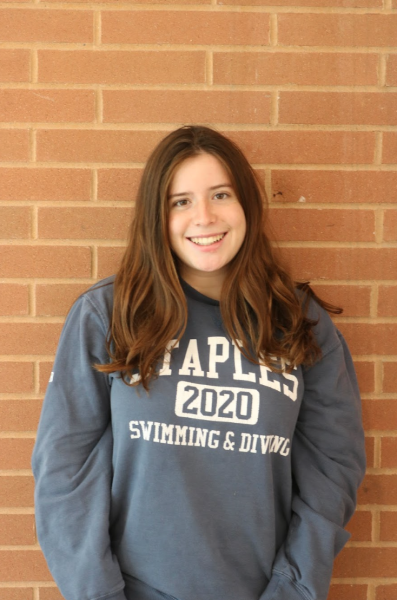Most students have heard of debit, income tax and maybe even identity theft. After all, 20% of high schoolers have a job and 40% possess a debit card. However, most high schoolers can’t even fathom the concept of compound interest, much less an inactivity fee. In fact, only one in five students in the U.S. can even identify many basic financial terms and concepts.
However, Andrew Rebello ’25 is one of these students. He was nominated to receive his Financial Ambassador Award following both a successful pretest and end of semester test. He ended up earning the award through a company called Wise, after receiving a 95% on his pretest. The company includes a board of those who have received a financial literacy certificate, and their goal is to increase financial awareness among younger generations.
“I had a great teacher: Mr. Klein,” Rebello said. “In the beginning we took a diagnostic test by a company called Wise. And at the end, we took a final test. Because I scored well on that, he directed me to apply for this board.”
Rebello was in a unique position due to his age and intellectual curiosity. By the time it came for Klein to nominate students for the Ambassador Award, Rebello was a no-brainer.
“Andrew was a sophomore,” Financial Literacy teacher Leonard Klein said. “It is very rare for a sophomore to take this class. He was off the charts in his skillset, but also in his curiosity for personal finance. He asked the best questions.”
Rebello first became motivated to take personal finance as a child. Like many kids, he started earning money through a savings account and ‘saving up’ for various occasions.
“I think at some point in someone’s life you realize that you have to do something because it’s an important life skill,” Rebelllo said. “For me that was saving money. I read an article that talked about inflation which prompted me to learn about money.”
Even after winning the award, he wanted to do more. Soon enough, he started measuring his own personal finances through a variety of mediums taught to him by Klein.
“I was interested in modeling the interest on installment loans with Excel,” Rebello said. “Later, I was interested in the investing unit in Personal Finance, so I began to learn how to read balance sheets.”
Beyond just being a member of the class, Rebello went above and beyond the curriculum. Rebello would sometimes spend his free period with Klein on a one-on-one basis.
“I basically taught him the basics of accounting in a 45 minute free period,” Klein said. “I have never done that before.”
Due to these projects, Rebello now has access to information often used by professionals in the field of finance. He now understands interest, equity and more.
“Something that people really don’t think about is the concept of equity,” Rebello said. “If you pay off a mortgage, for example, you have to maximize money because you’re not spending for yourself.”
Rebello has made it clear that he is still exploring potential careers and college majors. Despite being financially literate, he makes sure to emphasize the distinction between personal finance and working in fields such as investment..
“There is a difference between finance and personal finance,” Rebello said. “Personal finance is more banking, taxes, etc.”
Ultimately, personal finance is a life skill. Whether it be paying taxes, signing a check or facing the impacts of inflation, Rebello believes the skills he has learned will come in handy.
“I think regardless of anyone’s course load at Staples everybody should take Personal Finance,” Rebello said. “You will learn important life skills that you will take with you rather than [other subjects] which you might forget in a couple of years.”














































